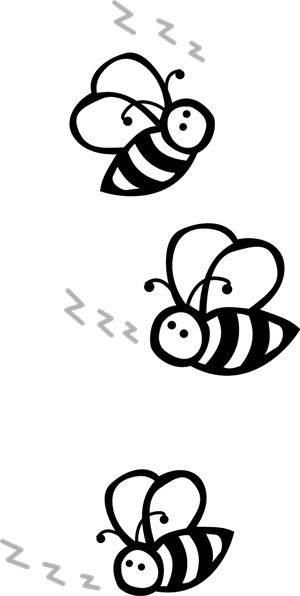
PUMPA - SMART LEARNING
எங்கள் ஆசிரியர்களுடன் 1-ஆன்-1 ஆலோசனை நேரத்தைப் பெறுங்கள். டாப்பர் ஆவதற்கு நாங்கள் பயிற்சி அளிப்போம்
Book Free Demo Then, from one thing to another, M. Hamel went on to talk of the French language, saying that it was the most beautiful language in the world — the clearest, the most logical; that we must guard it among us and never forget it, because when a people are enslaved, as long as they hold fast to their language it is as if they had the key to their prison. Then he opened a grammar and read us our lesson. I was amazed to see how well I understood it. All he said seemed so easy, so easy! I think, too, that I had never listened so carefully, and that he had never explained everything with so much patience. It seemed almost as if the poor man wanted to give us all he knew before going away, and to put it all into our heads at one stroke.
After the grammar, we had a lesson in writing. That day M. Hamel had new copies for us, written in a beautiful round hand — France, Alsace, France, Alsace. They looked like little flags floating everywhere in the school-room, hung from the rod at the top of our desks. You ought to have seen how everyone set to work, and how quiet it was! The only sound was the scratching of the pens over the paper. Once some beetles flew in; but nobody paid any attention to them, not even the littlest ones, who worked right on tracing their fish-hooks, as if that was French, too. On the roof the pigeons cooed very low, and I thought to myself, “Will they make them sing in German, even the pigeons?”
Explanation:
M. Hamel went to speak about one thing to the another. He then praised their mother tongue, French, to be the most beautiful, clear, and logical language. He advises the students to safeguard the language and never forget it since it is the only way out of slavery's jail. No one can enslave a person who speaks his native language fluently. Knowing the mother tongue as a language is a weapon in the struggle against dominance. The teacher then took a grammar lesson. The narrator was taken aback when he realised how quickly he grasped the material. He believed he had paid attention and that M. Hamel had patiently explained the lesson.
The narrator believed that the teacher wished to impart all his expertise before leaving. They had a writing lesson after the grammar. M. Hamel presented the class with new notebooks engraved with "France, Alsace, France, Alsace." Franz felt that there was a sense of patriotism throughout the class. The notebooks resembled French flags that were floating all around. The entire class was occupied with writing, and the only sound heard was the pens scribbling on the page.
When some beetles flew into the classroom, no one was disturbed because everyone was focused on their work. Not even the smaller ones, who were busy drawing their fish hooks, as if it was French too; not being disturbed by the buzzing of bees.
The narrator believed that the teacher wished to impart all his expertise before leaving. They had a writing lesson after the grammar. M. Hamel presented the class with new notebooks engraved with "France, Alsace, France, Alsace." Franz felt that there was a sense of patriotism throughout the class. The notebooks resembled French flags that were floating all around. The entire class was occupied with writing, and the only sound heard was the pens scribbling on the page.
When some beetles flew into the classroom, no one was disturbed because everyone was focused on their work. Not even the smaller ones, who were busy drawing their fish hooks, as if it was French too; not being disturbed by the buzzing of bees.

Buzzing of bees
The pigeons 'coo' could be heard very low throughout the classroom, and the narrator wondered if the Prussians would force them to change their language and coo in German. Here, the narrator tries to portray the scenario of pigeons and the Frenchmen that language comes naturally to humans and cannot be forced upon them. It might be because forcing people to change their language might be awful.
Meanings of the difficult words:
S.No | Words | Meanings |
1 | Enslave | Make someone a slave |
2 | Floating | Not fixed in one position, place, or level |
3 | Grammar | The study or use of the rules about how words change their form and combine with other words to express meaning |
4 | Amaze | Surprise someone greatly; fill with astonishment |
5 | Patience | The capacity to accept or tolerate delay, problems, or suffering without becoming annoyed or anxious |
6 | Beetle | An insect with a hard shell-like back |
7 | Scratch | Marking the surface of something with a sharp or pointed object |
8 | Rod | A thin straight bar, especially of wood or metal |
9 | Hook | A piece of metal or other hard material curved or bent back at an angle for catching hold of or hanging things on |
Reference:
State Council of Educational Research and Training (2018). Term-1 English Standard-10. The Last Lesson - Alphonse Daudet (pp. 162-178). Published by the Tamil Nadu Textbook and Educational Services Corporation.